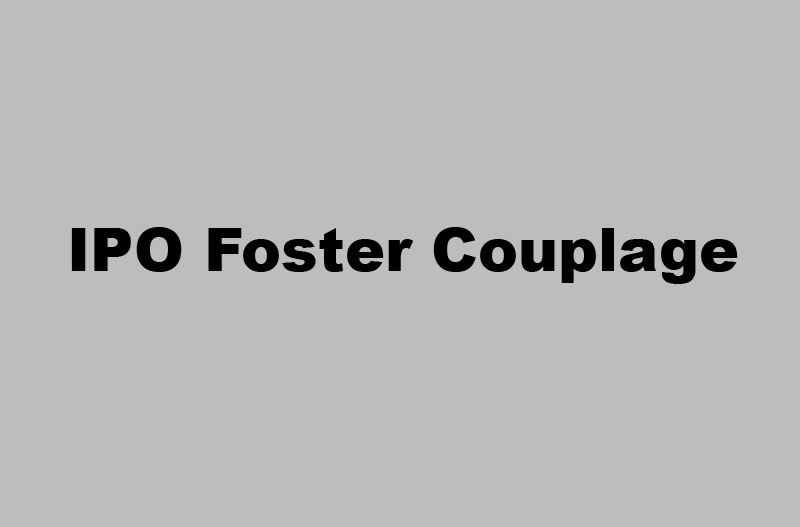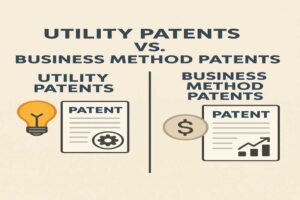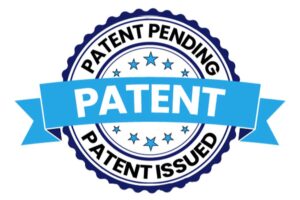FOSTER (in French "Couplage")
Problematisch:
It is often difficult, if not even impossible, to raise the budget of a large IPO (Initial Public Offering). In addition to significant cost, it monopolizes a significant portion of the company’s resources and the management’s attention. That is why it is not uncommon that during the IPO process, the performance of the company is heavily impacted. Hence, an additional need for funding, if only to offset the poor sales performance due to the effort of the IPO process.
On the other hand, it is appropriate to differentiate, in the total cost of an IPO, the costs that must be borne by the future company issuing shares before trading the IPO process, called “Upfront” or “Pre-Cash” (fees of lawyers, …), of those which will be supported at the end of the IPO by the raised funds, “Post-Cash” (commissions of Brokers or Investment Banks, …).
Lösung
That’s why I invented the combination called “FOSTER”.
Das Prinzip ist einfach:
- An IPO Incubator Company is incorporated in the State of Delaware in the United States of America. For our purposes, we will call it “Incubator”. It is a traditional financial company that, depending on its structure, may or may not be required to register with the SEC (Securities & Exchange Commission) as a subject of the 1940 Investment Company Act.
- A special vehicle company is incorporated in Delaware / USA. For our purpose, we will call it “SPV” (Special Purpose Vehicle). It is an industrial and commercial company that can be seen as a holding company, however we discard this term because it results in a serious devaluation when a listed company is perceived by the market as a “Holding”.
- In the SPV, all assets of the company or group seeking IPO financing should be consolidated together. Although this is not an absolute obligation, for example when a known group has a subsidiary bearing all or part of its name, for example; BOUYGUES Telecom or PEUGEOT Leasing, it is necessary for the future SPV issuer to remain financially, commercially and in every sense of the word credible in front of the financial market.This problem must be studied case by case.
- Incubator’s team of lawyers prepares a “Regulation A+” disclosure document for the Incubator. Since this document is very similar from one time to another, the cost of this operation should decrease significantly over time. This disclosure document states to the investor that Incubator is an investment company that finances IPOs of any size, against a share of the capital prior to the IPO and a pro rata share of the raised funds payable after the IPO.
- Dieses Dokument bietet dem Anleger drei Auswege aus der Investition:
- Either s/he sells his Incubator shares at the time of the IPO
- Either s/he converts (its) her/his Incubator actions into SPV actions after the Incubator IPO and before the start of the SPV IPO process;
- Der Inkubator kauft seine Aktien nach dem Börsengang des Inkubators zurück.
- Inkubator beantragt bei der SEC die Registrierung und Notierung an einer US-Börse.
- Die SEC überprüft die Akte und sendet ihre Kommentare, Fragen und möglichen Einwände an Incubator.
- Meanwhile, incubator and the investment bank or investment bank syndicate that distributes its shares are holding roadshows to promote the stock on the market and to collect Incubator’s shares “orders”. During this period, legally, each market player is not allowed to buy the shares, s/he can only express her/his interest and quantify the amount s/he is willing to invest. In practical terms, a buyer who expresses an interest in a quantity of shares and then withdraws would lose any credibility on the market and would be unable to continue trading in other IPOs.
- At the end of this process (points 5 above to 8 above) iteratively, the SEC gives the Incubator’s Jurist the quotation authorization.
- Incubator can therefore register with a US stock market, such as the NASDAQ. In the rate case of multiple listings, Incubator may also register with foreign stock exchanges.
- Incubator läutet die NASDAQ-Glocke und führt seinen Börsengang durch.
**************
- Once the funds are raised, in accordance with the use of the product stipulated by the Reg A+ Disclosure Document, Incubator makes at least the following payments:
- Eine Zahlung auf das Konto der Investmentbank zur Zahlung der Maklerprovision, falls diese nicht abgezogen wurde, bevor die Gelder an Incubator gesendet wurden.
- Eine Zahlung auf das SPV-Konto zur Sicherung der SPV-Finanzierung.
- Zahlung der IPO-Gebühren und -Kosten der SPV auf das Anwaltskonto.
- Die Auszahlung einer Erfolgsprämie auf das Konto der Anwälte nach den vorgeschriebenen Verfahren.
- Die Zahlung an den Finanzier des Inkubator-Börsengangs.
- SPV erhält von Incubator das für die Durchführung seines Börsengangs erforderliche Budget.
- SPV’s team of lawyers drafts a “Regulation S-1” disclosure document for the SPV.
- SPV’s team of lawyers prepares the SPV registration file with the SEC in Form S-1 and the due diligence file. This is much longer than the Reg A+ form prepared for Incubator. It should be noted that the Reg A+ form is a short form because it seeks a partial exemption from registration, while the S-1 form is a complete record including all significant transactions carried out by the issuer in the last five or ten years, according to the case. The issuer can not begin this full registration process until it has two full accounting years and a number of financial conditions completed.
- Dieses Dokument bietet dem Anleger drei Auswege aus der Investition:
- Entweder verkauft er/sie seine/seine SPV-Anteile zum Zeitpunkt des Börsengangs;
- Either SPV buys back her/his shares after Incubator’s IPO.
- Schließlich möchte er/sie nicht ausscheiden und bleibt Aktionär der SPV, indem er/sie sich auf seine/seine Tätigkeit konzentriert.
- SPV reicht seinen Prospekt bei der SEC ein, um sich dort registrieren zu lassen und die Notierung seiner Aktien an einer US-Börse zu erhalten.
- Die SEC überprüft die Akte des SPV und sendet ihre Kommentare, Fragen und möglichen Einwände an das SPV.
- Meanwhile, SPV and the investment bank or investment bank syndicate that distributes its shares organize roadshows to promote the security on the market and to collect SPV’s “orders” for shares. During this period, legally, each market player is not allowed to buy the shares, s/he can only express her/his interest and quantify the amount s/he is willing to invest. In practical terms, a buyer who expresses an interest in a quantity of shares and then withdraws would lose any credibility on the market and would be unable to continue trading other IPOs.







